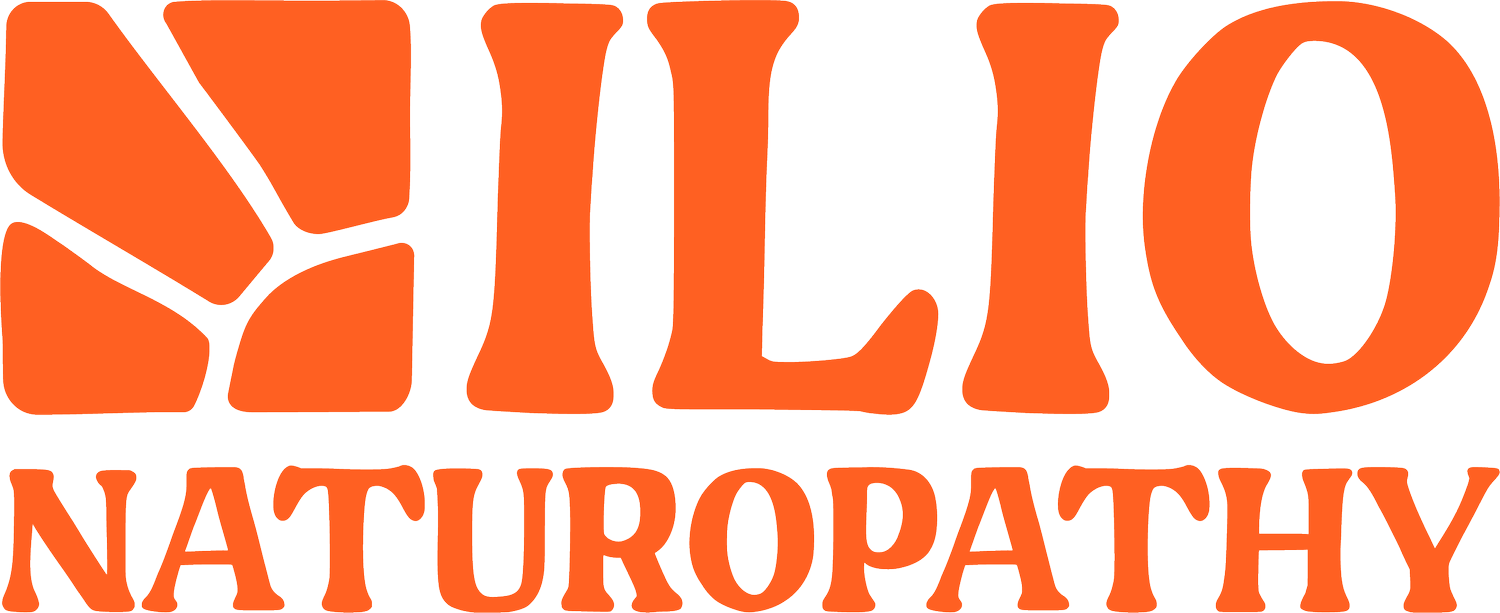Understanding Detoxification: Supporting the Body’s Natural Pathways
What Detox Really Means
When people hear the word detox, they often think of juice cleanses, restrictive diets, or expensive supplements. But detoxification isn’t something you buy, it’s a built-in process your body performs every single day.
Your liver, kidneys, skin, lungs, and large intestine all work together to process and eliminate waste products, toxins, and excess hormones. These systems are constantly active, keeping your body balanced and functioning.
Why Detox Matters
Sometimes, our natural detox systems need extra support. When they slow down or become overburdened, you might notice symptoms such as:
Fatigue
Headaches
Bloating or irregular bowel movements
Muscle aches and pains
Skin breakouts or dullness
On top of this, our modern environment exposes us to many toxins that increase our toxic load — from pesticides, mould, and air pollution to cleaning products, medications, alcohol, and processed foods. Over time, these stressors can impact how efficiently our detox pathways function.
How to Support Detoxification
Supporting detoxification isn’t about quick fixes or harsh cleanses. It’s about creating conditions that help your body do what it’s designed to do. Here are five key steps:
Reduce toxin exposure – identify what’s in your environment and remove or replace it.
Support the body’s natural detox processes – give your organs the nutrients they need.
Restore and strengthen detox organs – nourish the liver, kidneys, gut, skin, and lungs.
Facilitate elimination – make sure waste is leaving the body through urine, stool, sweat, and breath.
Repair damage – replenish with antioxidants and healing nutrients.
Practical Ways to Reduce Toxin Exposure
Choose organic produce where possible (especially from the “Dirty Dozen”).
Use air filters indoors and avoid synthetic fragrances, aerosols, and air fresheners.
Drink filtered water and avoid single-use plastic bottles.
Switch to natural personal care and cleaning products.
Limit alcohol, medications (when safe), and recreational drugs.
Be mindful of mould, pesticides, and hidden household chemicals.
Foods that Fuel Detox Pathways
A nutrient-rich diet helps the body detox more efficiently. Focus on foods high in fibre, antioxidants, essential fatty acids, and key nutrients like magnesium, zinc, selenium, and vitamins A, C, and E.
Some great choices include:
Cruciferous vegetables: broccoli sprouts, kale, Brussels sprouts, cabbage
Bitter greens: rocket, dandelion greens, parsley, mint
Colourful vegetables: beetroot, carrots, sweet potatoes, capsicum, tomatoes
Fruits: berries, citrus fruits, papaya, pears, kiwifruit, melons, mangoes, cherries, grapes
Sulphur-rich foods: garlic, onions, shallots
Legumes & seeds: beans, peas, sprouted seeds
At the same time, try to reduce processed foods, refined sugars, and excessive alcohol, which can place extra burden on your detox organs.
Lifestyle Practices for Detox Support
Along with diet, lifestyle habits play a big role in keeping detox pathways moving:
Daily movement (walking, yoga, stretching, swimming)
Dry brushing to stimulate lymphatic flow
Saunas to support sweating and circulation
Deep breathing exercises for lung detoxification
Adequate hydration to support kidney and liver function

